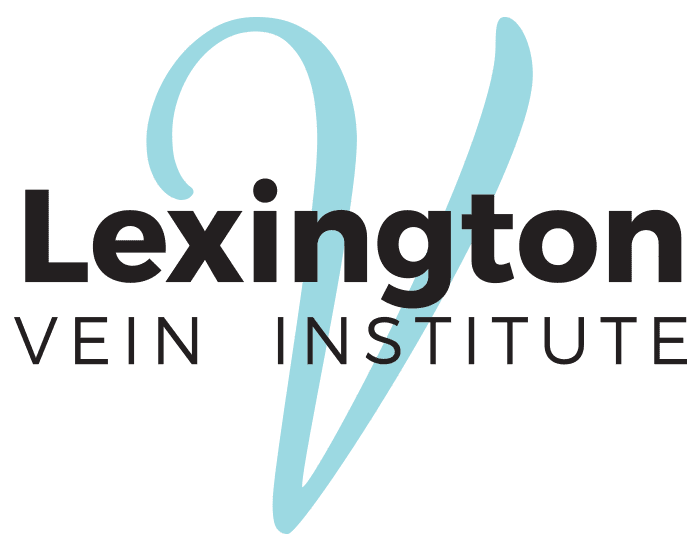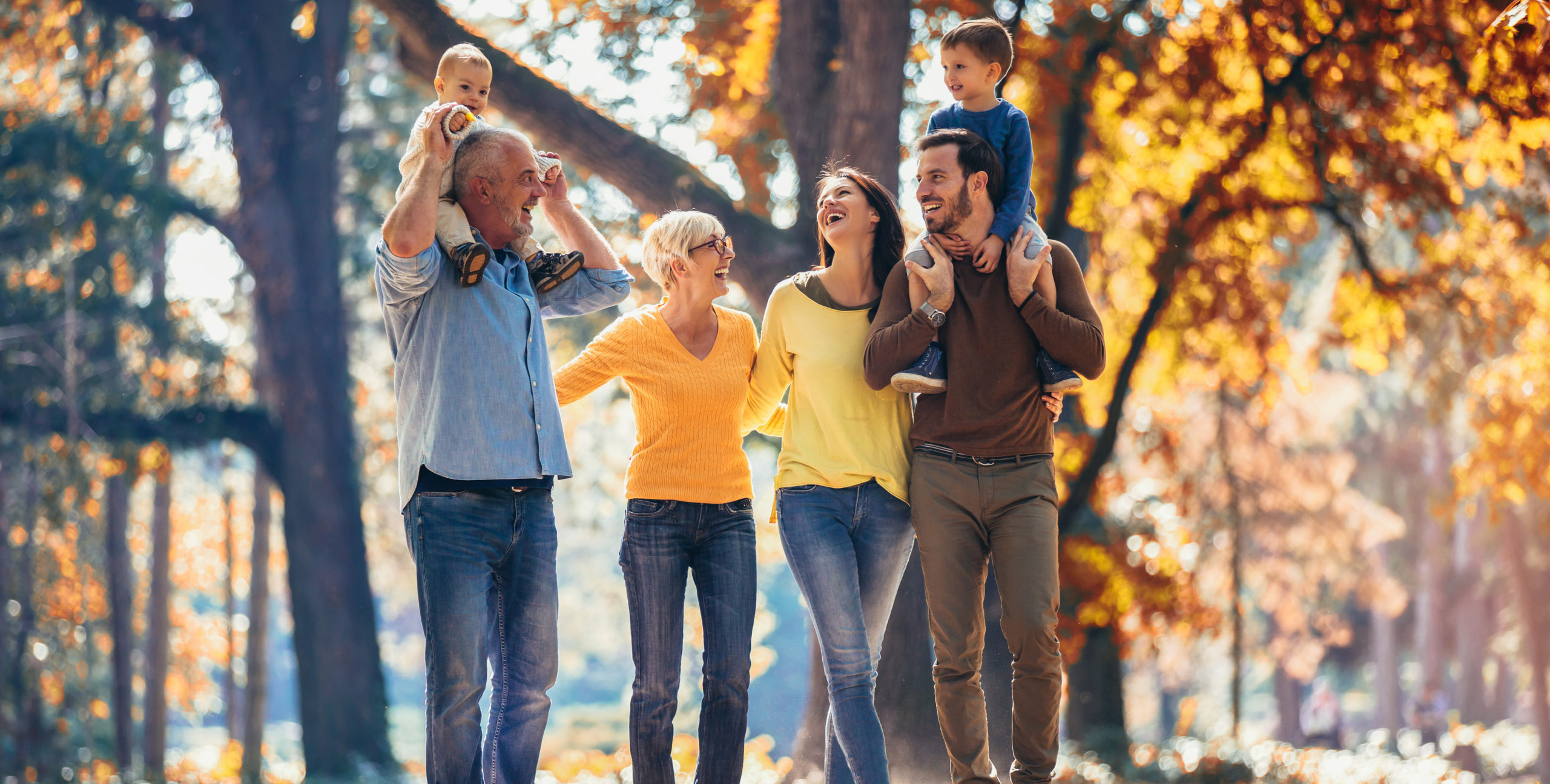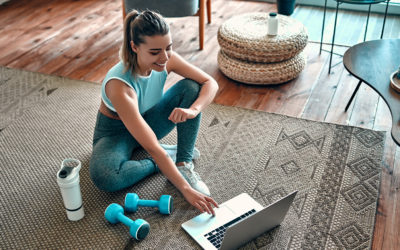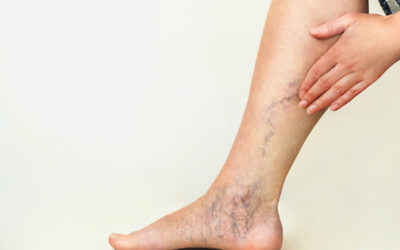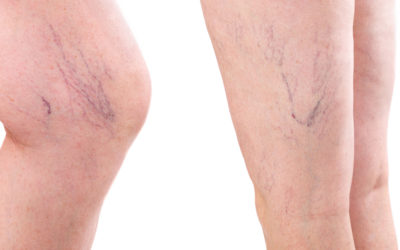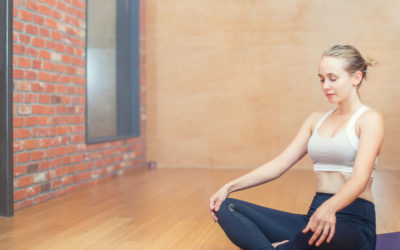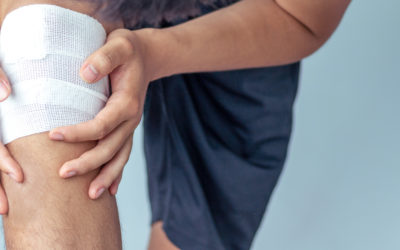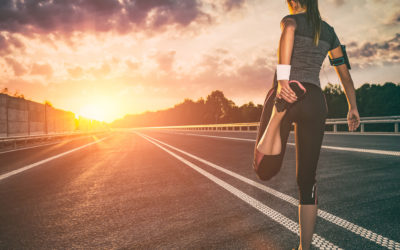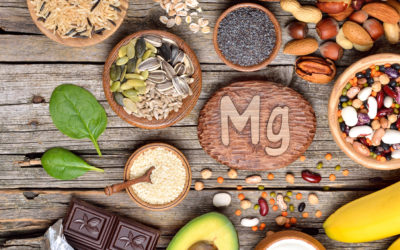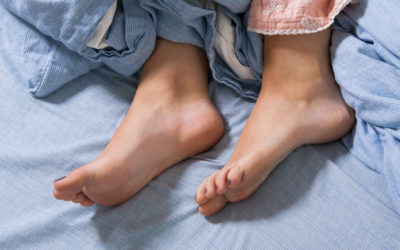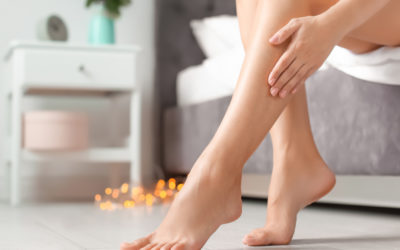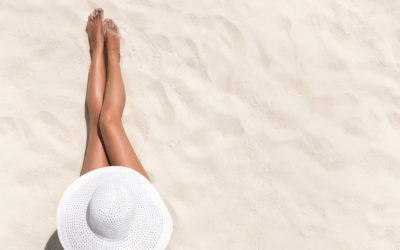Like so many chronic conditions, varicose veins may be in your genes. If a parent, grandparent, or other close family member has varicose veins, your odds of developing those enlarged, painful veins on your legs greatly increases.
Heredity & Varicose Veins
It’s not surprising varicose veins may be inherited. We inherit many features from our parents, such as eye and hair color. It’s the same with our veins. Veins function properly when the valves inside them close to push blood from the extremities back up to the heart, but those valves can weaken and stop functioning properly. When that occurs, blood builds up within the vein walls, causing the vein to bulge outward, forming a varicose vein.
Some people may be born with abnormal or weak vein valves or walls, which heightens their risk of varicose veins at some point in their lives. If you develop varicose veins earlier in life, the most likely cause is genetics.
Women also have a higher risk of varicose veins because pregnancy strains the veins in the lower body. (Fortunately, pregnancy-related varicose veins usually disappear weeks after childbirth, though multiple pregnancies are considered a risk factor for long-term varicose veins.) Birth control pills and hormone replacement therapy dilate the veins as well, making it easier for blood to collect in the veins. Veins also lose strength as we age, so age is another contributing factor.
In short, varicose veins progress for many reasons, with heredity one of many. Unfortunately, you cannot control what genes you inherit. But you can take measures to reduce your chances of varicose veins by reducing risk factors within your control, such as weight, diet, and activity level.
PREVENTING VARICOSE VEINS
Excess weight can put extra pressure on the veins, and a generally poor diet and lack of exercise can also contribute to vein disease. In addition, sitting or standing for long hours obstructs blood from flowing upward to the heart, thereby allowing blood to collect within the veins.
Fortunately, you can easily reduce your risk with simple lifestyle changes. Losing weight and eliminating processed foods with high amounts of sodium from your diet will lighten the pressure on your veins and reduce swelling. Exercises that focus on strengthening the calf muscles like walking and swimming bolster blood flow in leg veins and prevent blood from pooling and stretching vein walls.
If your job requires long periods of standing or sitting, be sure to move about the office or flex your ankles to nudge blood along the veins. You can also encourage healthy blood flow whether seated or standing with compression stockings made of strong, tightly woven elastic. The garments are available in drugstores or by prescription if you need a medical-grade pair.
Venous insufficiency and varicose veins are significant medical disorders that require treatment. If you suffer from varicose veins or know of family members with the condition and think you may be in line for the same ailment, consult a vein specialist to understand your risk factors and therapeutic alternatives.
VARICOSE VEIN TREATMENT IN LEXINGTON, KY
Varicose veins are both an aesthetic problem and a physical problem for most men and women who suffer from them. Fortunately, you don’t have to continue suffering. Get in touch with the experts at Lexington Vein Institute to schedule an appointment with Dr. Bacha.
